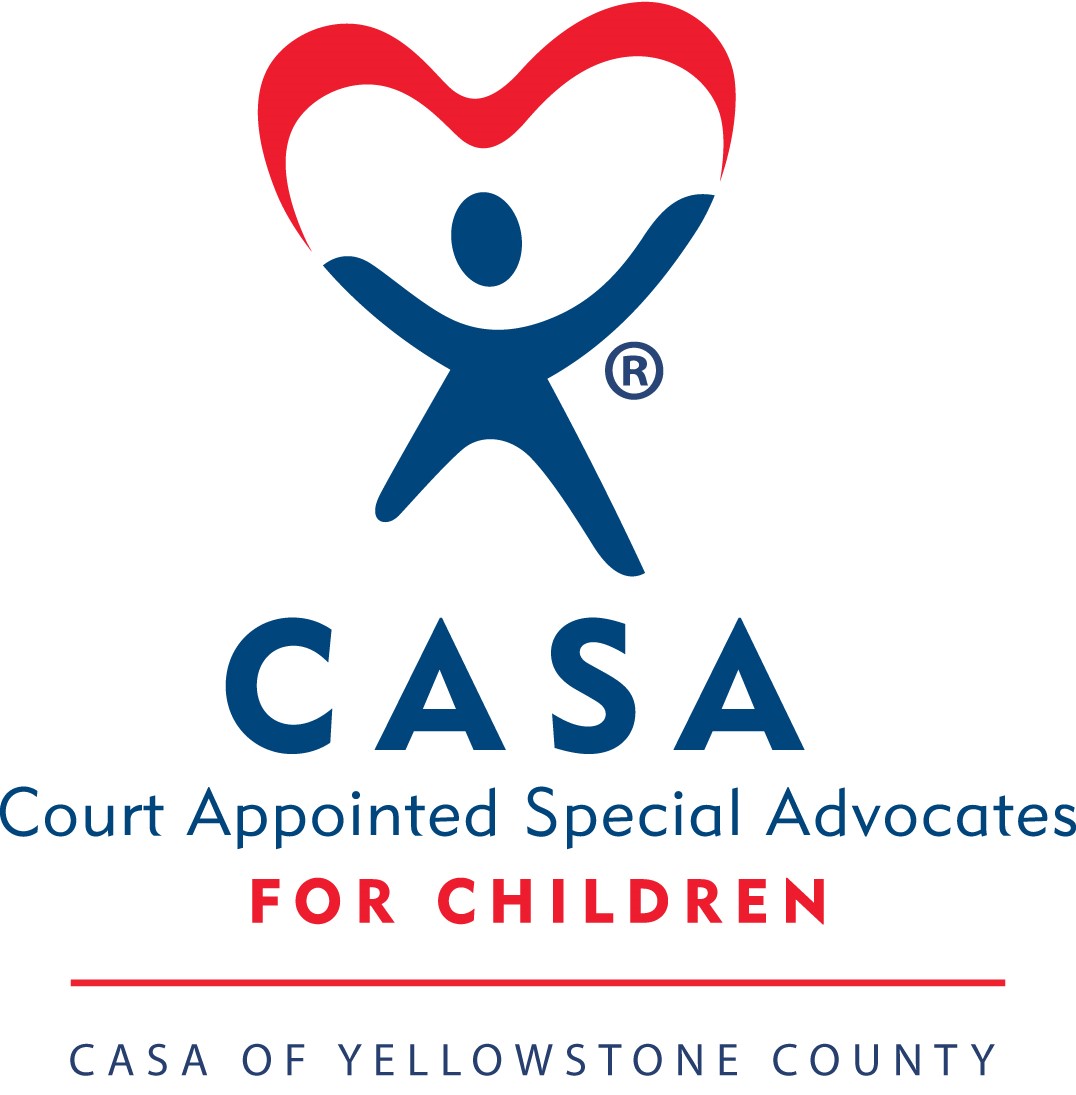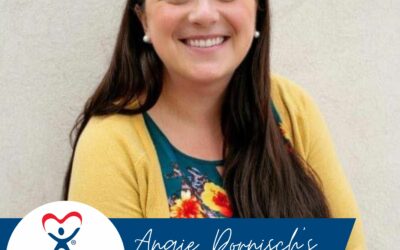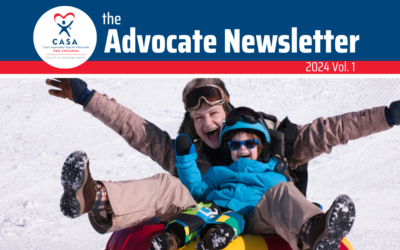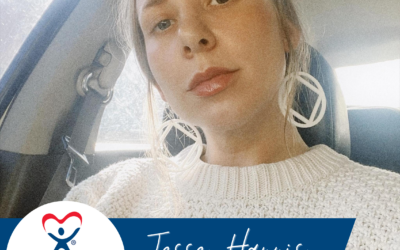The CASA of Yellowstone County vision is to “provide a highly trained volunteer Advocate for every abused and neglected child in the Yellowstone County court and foster care systems.” The infrastructure, staff, and training are in place to support advocates for all of the approximately 800 kids in foster care in Yellowstone County today, but there is something else advocates need to be able to speak for those most vulnerable kids—peer coordinators.
National CASA requirements allow for no more than 30 advocates to report directly to each staff person in any given program. With CASA of Yellowstone County’s intrepid team of four program coordinators and a program director, that would top us out at a maximum of 150 advocates serving at any given time. However, thanks to the peer coordinator model, which provides a trained volunteer with experience who can support and coach advocates, that number expands exponentially. Those same National CASA requirements state that a peer coordinator can work with up to 10 advocates, all with the support of a program coordinator. Think about a program coordinator serving 15 peer coordinators, each with at least 5 advocates they are supporting in turn—that would allow a single program coordinator to serve at least 75 kids singlehandedly! (Seriously, it looks like a pyramid scheme, but the good kind. A pyramid scheme of service, if you will.)
This year, CASA of Yellowstone County is rolling out a new opportunity for current advocates to find out more about becoming a peer coordinator. Just as we have informational sessions for folks to attend when they are considering becoming a CASA, we now offer peer coordinator informational sessions. This is a great opportunity for you to hear more about whether peer coordinating is right for you, and there is absolutely no obligation to become a peer coordinator if you attend. The peer coordinator informational sessions are set for:
- Friday, February 11th at noon (virtual)
- Tuesday, February 15th at 4 PM (at the CASA office)
- Monday, February 21st at 5:30 PM (virtual)
If you are curious about peer coordinating, we would love to have you join us for one of these peer coordinator informational sessions!

Ivan Samkov
What It Takes
A lot of our rock star advocates don’t think they have it in them to be a boss, but that’s not what peer coordinating is about at all! According to experienced peer coordinator Bill McRae, “it all comes down to developing relationships, asking questions, and advocating for change.” We have had successful peer coordinators with backgrounds in education, law enforcement, homemaking, medicine, finance, and much more! All it takes is a commitment to serving the kids of our community, coaching other advocates through the challenges they will face, and a year of experience as an advocate.
Can I Keep My Case?
One of the most common questions advocates ask about peer coordinating is, “Can I keep my case?” Or sometimes, “Can I take another case when my current case ends?” The answer is a resounding yes! We know that you became an advocate because of your desire to serve kids, and maintaining relationships with kids can sometimes be the most fulfilling aspect of advocacy. If you currently have a case, your commitment to see it through to case closure stands. If you are between cases, become a peer coordinator, and decide down the line that you would like to select a new case, we will be right there to walk you through that case selection.
On the other hand, some peer coordinators choose not to take a case while they have an active advocate caseload. There is no pressure to have a case of your own! It is estimated that the amount of time spent on peer coordinating is similar to that spent on a case of your own, so every peer coordinator assesses their own bandwidth and whether they can serve kids directly while also coaching and supporting advocates.

Antoni Shkraba
Word of Mouth
You may be reading this blog and thinking, “Well, peer coordinating isn’t for me, but what about that nice advocate I know from my small group? Or church? Or training? Or from around the CASA office?” Well, just as it is important for advocates to spread the word to their friends and family about the opportunities they have to advocate for the kids of our community, it is vital that we use the power of word of mouth to tell advocates about the chance they have to maximize their impact by becoming peer coordinators. Invite that nice person you met at the lunch and learn to go to the peer coordinator informational session with you! Talk to your own peer or program coordinator about that spark of leadership you see in your peer! The possibilities are endless. I know we have a lot of untapped peer coordinator potential in our current advocate ranks, and we need you to help us identify that potential.

Ono Kosuki
Logistics
Are you curious about peer coordinating? Please email program director Shayla Fox Brown at shayla@yellowstonecasa.org for more details about peer coordinating, attending a peer coordinator informational session, or with any other questions you may have.
Do you know someone who would be a great peer coordinator? Email Shayla with your suggestion, and feel free to send them this blog to put a bug in their ear!
For a deeper dive into the peer coordinator model, check out this blog by retired advocate Ben McKee.
Ashley Milsop is a Program Coordinator for CASA of Yellowstone County.






